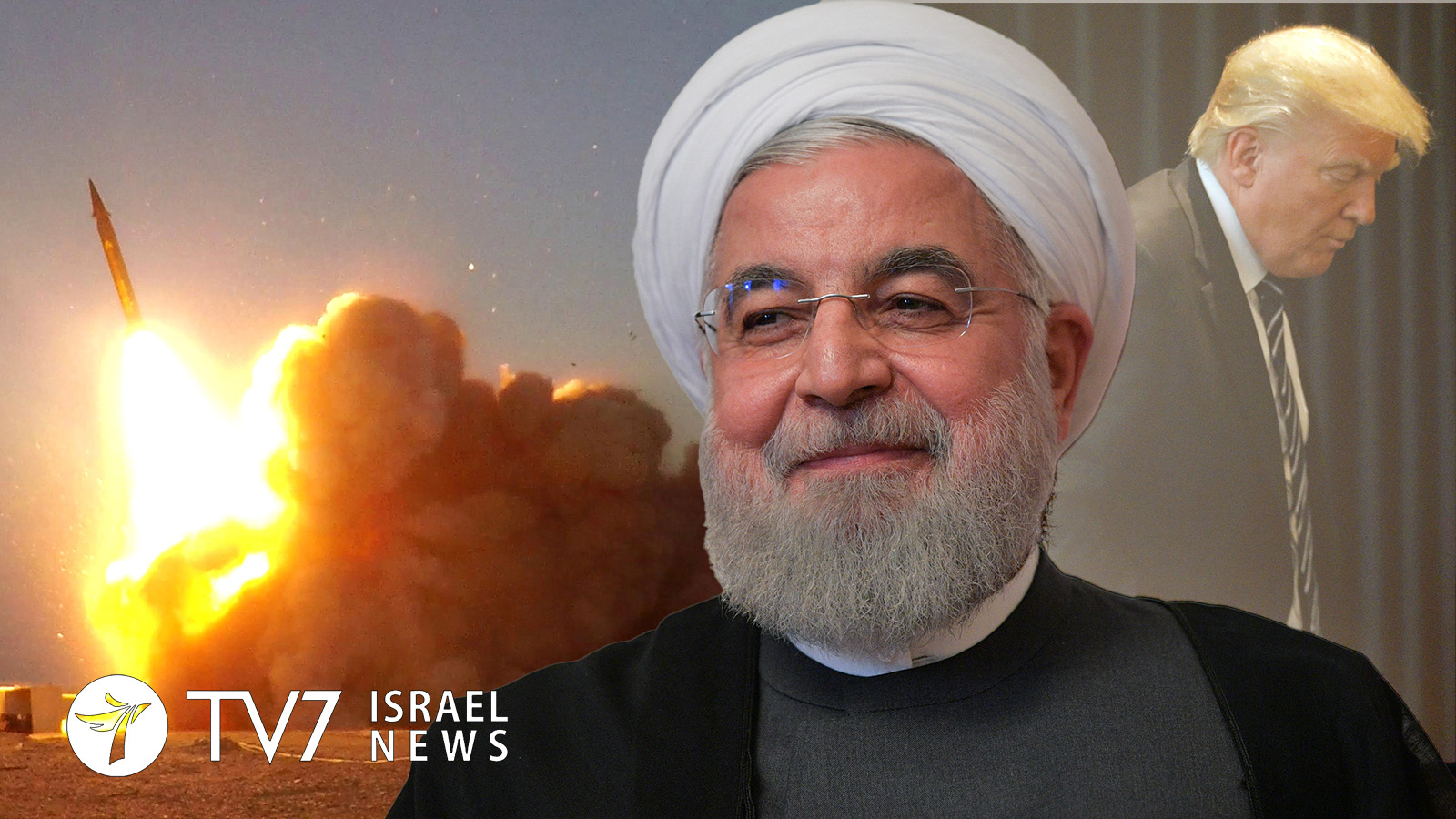The 2007 United Nations Security Council arms embargo on Iran expired as slated on Sunday, in accordance with terms of the 2015 Joint Comprehensive Plan of Action (JCPOA) nuclear deal among Iran, Russia, China, Germany, United Kingdom, France and the United States that sought to prevent Tehran from developing nuclear weapons in return for economic sanctions relief.
Tensions between Washington and the Islamic Republic have soared since 2018, however, following withdrawal from the JCPOA by U.S. President Donald Trump; whose administration reimposed a series of sanctions.
With strong backing from Israel, the White House also triggered a “snapback” process to restore all UN sanctions in September over charges that Iran failed to honor nuclear commitments pursuant to UN Security Council Resolution 2231. The Trump Administration undertook the move after its bid to extend the conventional arms embargo on Iran was rejected by the Security Council.
The Islamic Republic has long threatened to annihilate the Jewish State, and is an internationally-recognized state sponsor of regional and international terrorism. Due to the ban that banned weapons sales, the country has been forced to develop a large domestic arms industry. Even though Western military analysts believe Iran often exaggerates its weapons capabilities, concerns over its long-range ballistic missile program contributed to Washington pulling out of the JCPOA.
Iran welcomed expiration of the UN embargo, and insisted there is no need to launch a weapons buying campaign. The Foreign Ministry issued a statement carried by state media maintaining that, “Iran’s defense doctrine is premised on strong reliance on its people and indigenous capabilities … Unconventional arms, weapons of mass destruction and a buying spree of conventional arms have no place in Iran’s defense doctrine.”
Iranian Foreign Minister Mohammad Javad Zarif posted a message on his official Twitter account reading that the “normalization of Iran’s defense cooperation with the world is a win for the cause of multilateralism and peace and security in our region.”
Israel’s Alternate Premier and Defense Minister Benny Gantz rejected these claims in a Tweet of his own.
“Iran has never been an Israeli problem, but, first and foremost, a global and regional problem,” underscored the top Israeli defense official, adding that he would “continue to take whatever measures necessary, together with our partners, old and new, to prevent Iranian expansion and armament. All countries should get on board this important effort.”
Gantz further vowed that “we must be stronger and more determined than ever.”
Days after activating the snapback mechanism, U.S. Secretary of State Mike Pompeo warned Russia and China not to disregard the Trump Administration’s reimposition of all UN sanctions. When asked at the time whether Washington would target Moscow and Beijing with punitive measures if they refused to adhere to the ban on conventional arms sales to Tehran, the top US diplomat replied: “Absolutely.”
“We have already done that, where we have seen any country violate … the current American sanctions, we’ve held every nation accountable for that. We’ll do the same thing with respect to the broader UN Security Council sanctions as well,” he said.
In a new State Department communique sent to TV7 after expiration of the UN embargo, Pompeo was adamant that the snapback sanctions will be enforced, which reads as follows:
“The export of certain conventional arms to Iran is a violation of UN Security Council Resolution (UNSCR) 1929 and the procurement of any arms or related materiel from Iran is a violation of UNSCR 1747. The United States is prepared to use its domestic authorities to sanction any individual or entity that materially contributes to the supply, sale, or transfer of conventional arms to or from Iran, as well as those who provide technical training, financial support and services, and other assistance related to these arms,” read the statement.
Every nation that seeks peace and stability in the Middle East and supports the fight against terrorism should refrain from any arms transactions with Iran. Providing arms to Iran will only aggravate tensions in the region, put more dangerous weapons into the hands of terrorist groups and proxies, and risk increasing threats to the security of Israel and other peaceful nations. For the past 10 years, countries have refrained from selling weapons to Iran under various UN measures. Any country that now challenges this prohibition will be very clearly choosing to fuel conflict and tension over promoting peace and security.
Any nation that sells weapons to Iran is impoverishing the Iranian people by enabling the regime’s diversion of funds away from the people and toward the regime’s military aims. The regime has a choice: it can pursue the purchase of weapons in violation of UN sanctions measures, or the regime can use its funds to provide for the Iranian people. Today, Iranians are suffering because the regime continues to withhold nearly $1 billion from the Iranian Health Ministry for its COVID-19 response, despite calls from Iranian health officials to provide needed funding. The regime is responsible for the consequences of how it allocates the Iranian people’s resources. Decades of corruption and radical policies by the regime’s leaders are responsible for the decay of a great nation. We stand with the Iranian people against tyranny, the squandering of their resources, and the regime’s efforts to crush their struggle for freedom.
The United States desires peace with Iran and hopes for the day when its leaders share that goal. When the regime’s leaders abandon their dreams of exporting revolution, they will find a welcoming and generous partner in Washington.”
